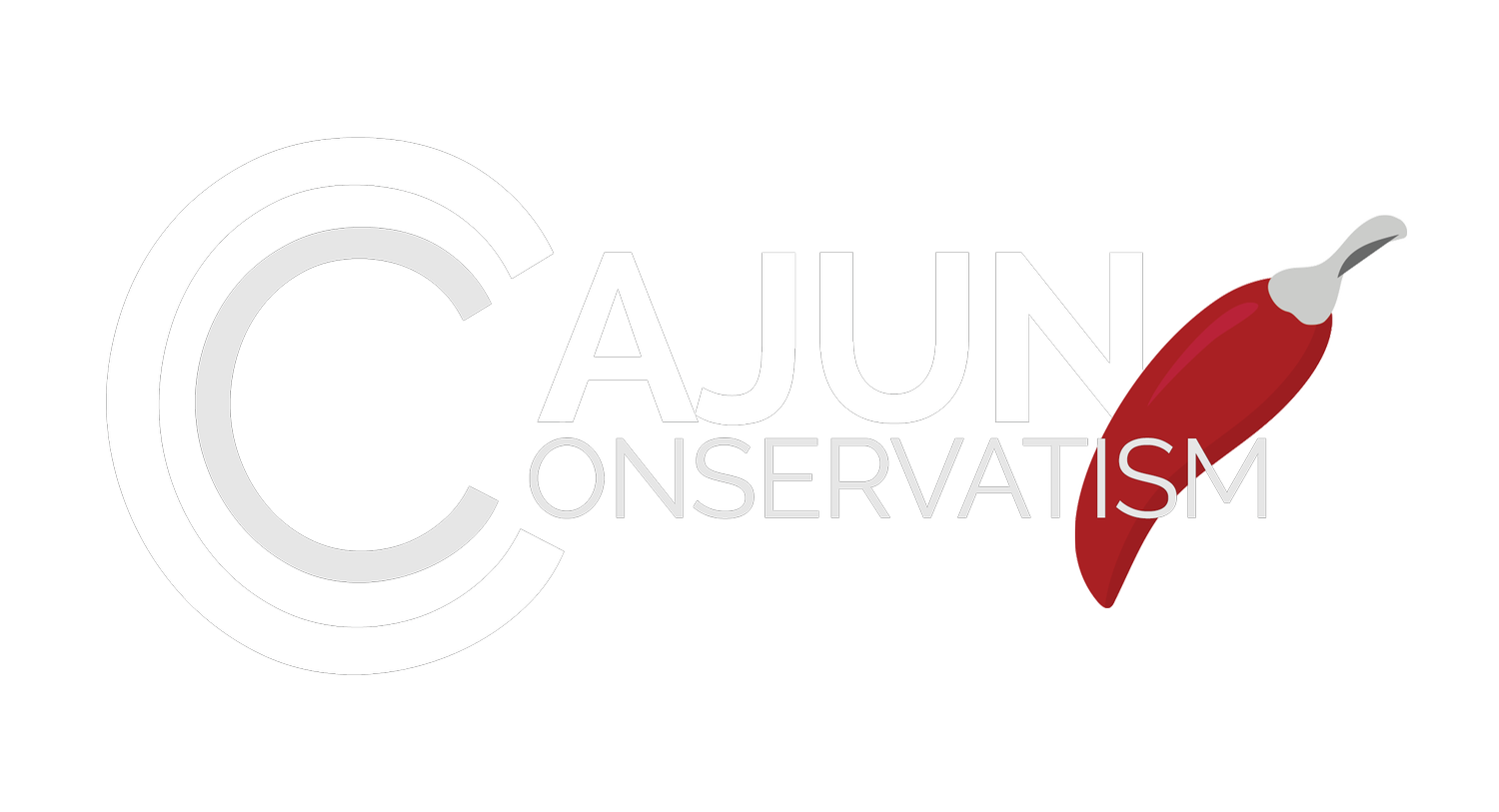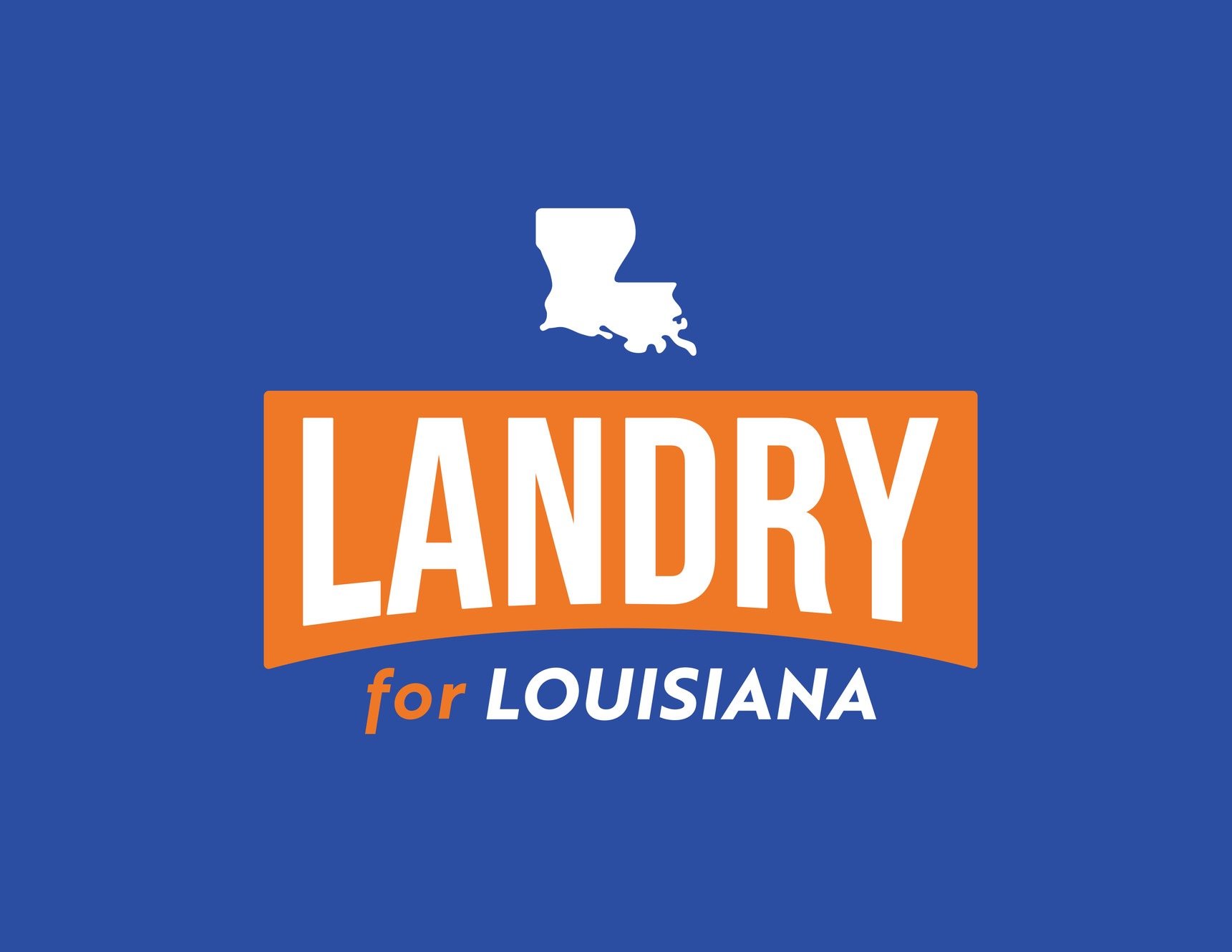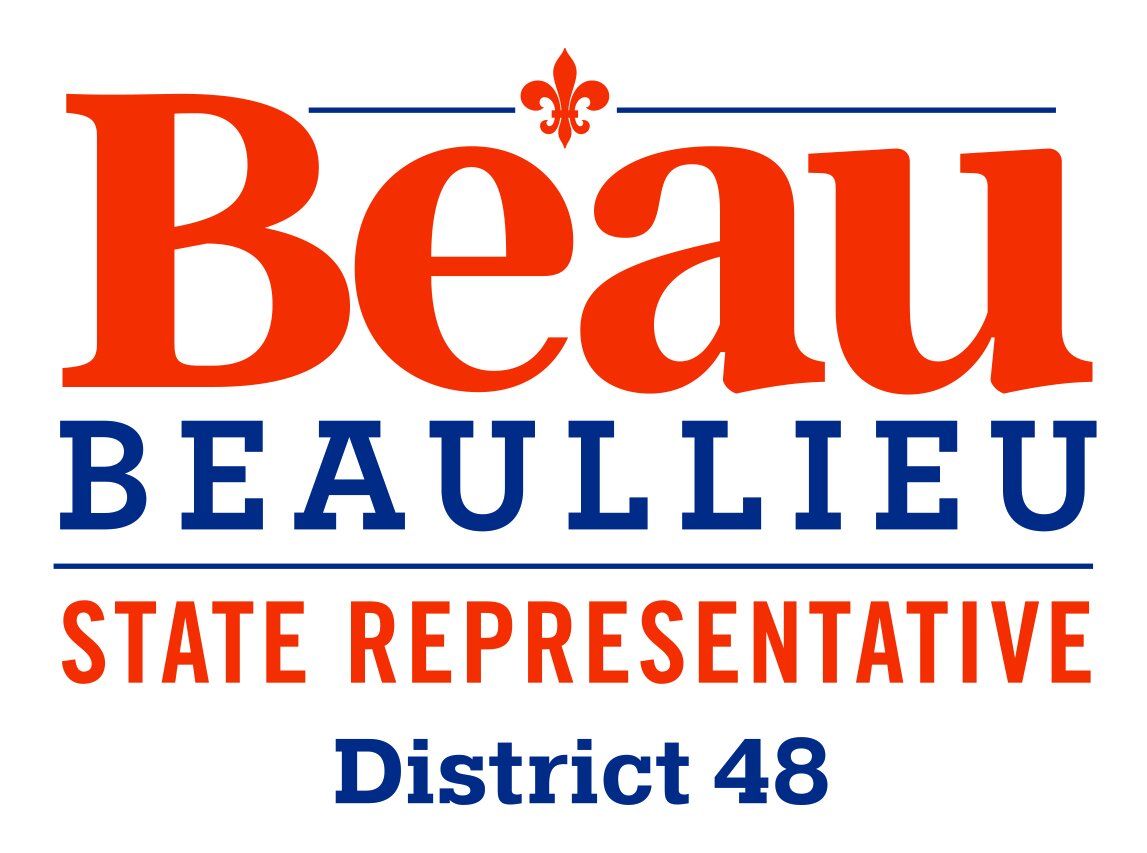Over the past two years, federal policymakers have debated prescription drug policy more often than at perhaps any point since the creation of the Medicare Part D drug benefit in 2003. Several watershed moments have driven the debate thus far, including:
The introduction of Speaker Nancy Pelosi’s prescription drug pricing bill, H.R. 3, which would levy an up to 95-percent excise tax on pharmaceutical manufacturers that refuse to submit to a government-run price negotiation process;
Former President Donald Trump’s aggressive efforts to punish manufacturers with regulations that would allow the importation of prescription drugs from Canada and set the prices Medicare Part B pays for drugs to the prices paid in foreign countries with price controls; and
The emergence of the novel coronavirus and the efforts of multiple manufacturers (and the federal government) to develop, produce, and distribute vaccines inoculating people against COVID-19, the disease caused by the coronavirus.
Read more: A Taxpayer- and Market-Oriented Path Forward for Federal Prescription Drug Policy







